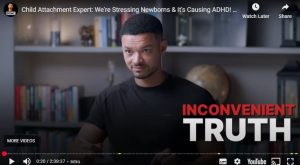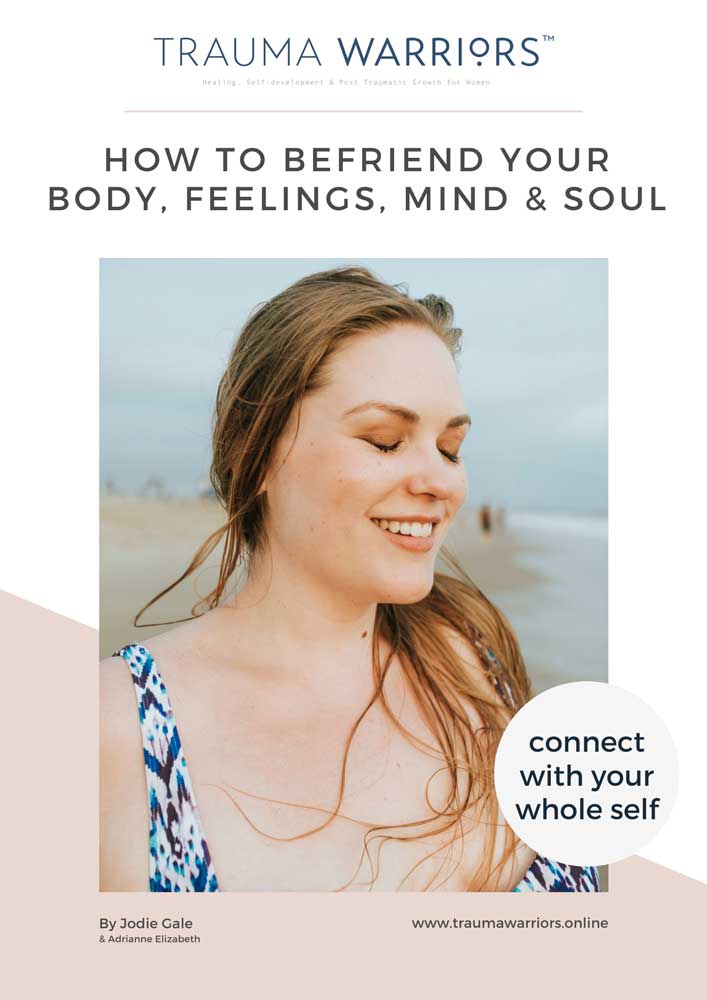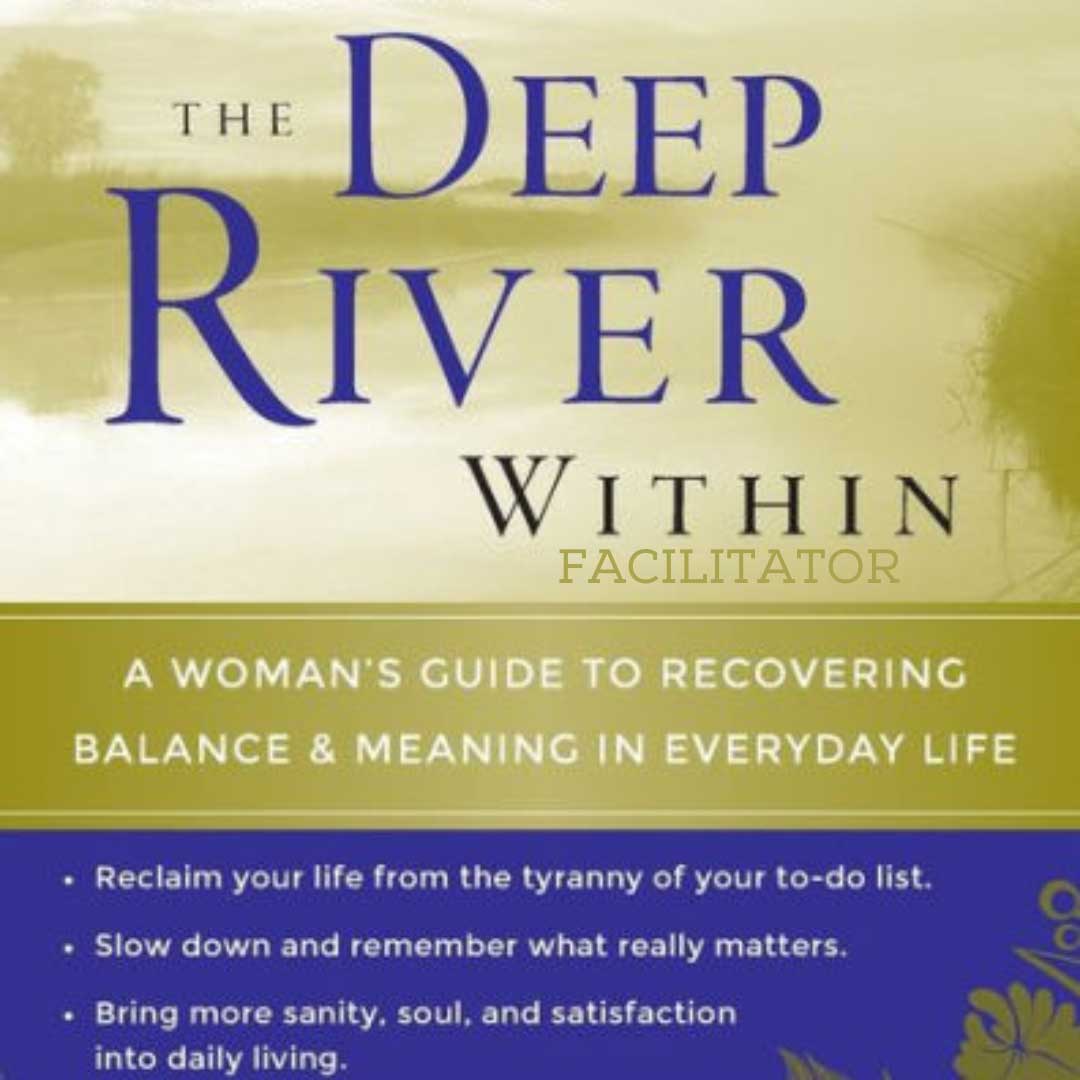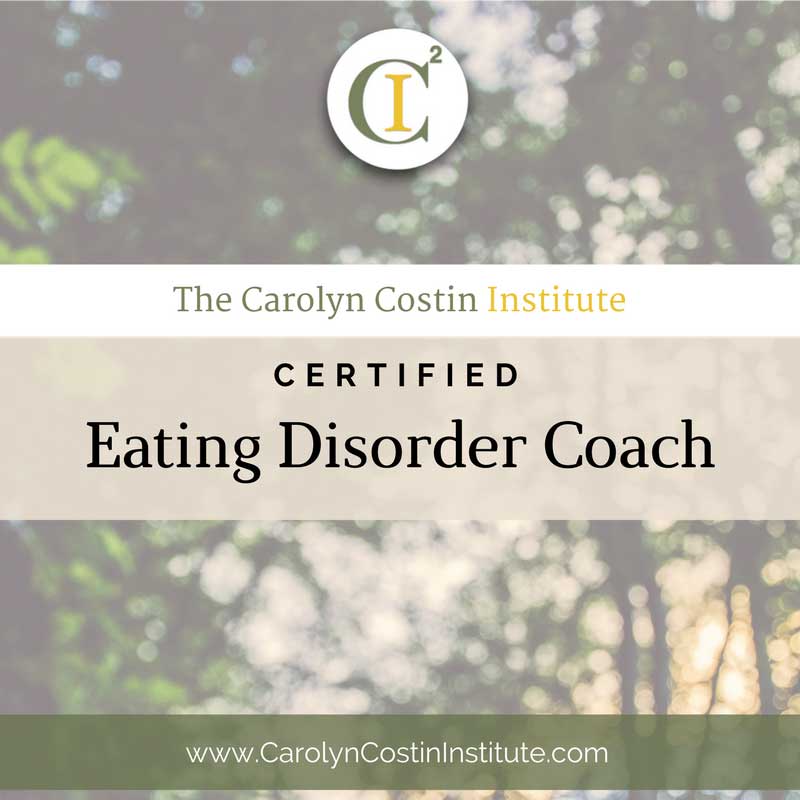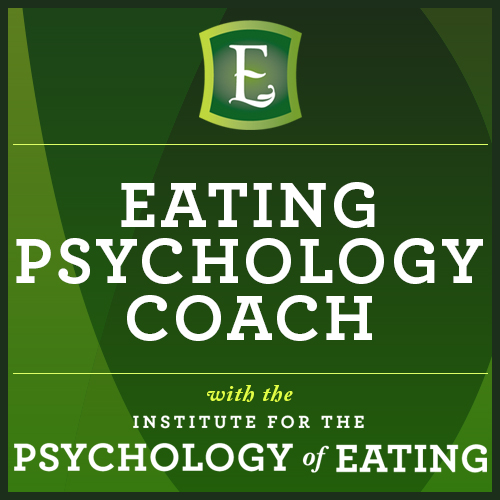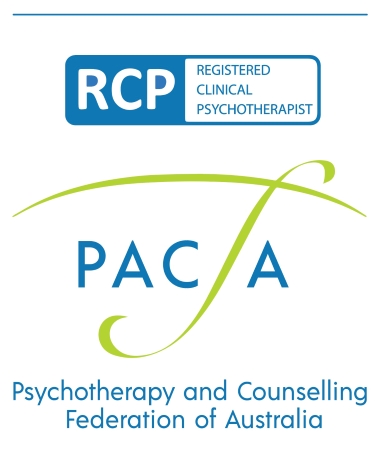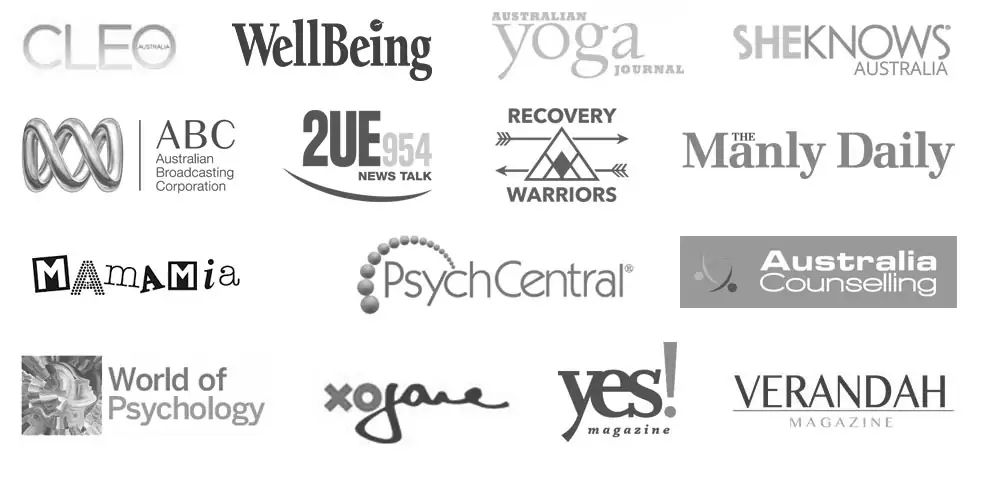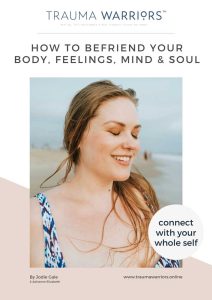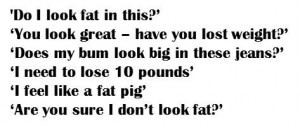 Body Image & Eating Disorders: Fat Talk Free Week
Body Image & Eating Disorders: Fat Talk Free Week
Tri Delta Fat Stats
54% of women would rather be hit by a truck than be fat.
81% of 10 year old girls fear being fat.
10 million women in the US are suffering with anorexia and bulimia. This is more than with breast cancer.
1 in 3 Australian females cite body image as their major concern (Mission Australia Youth Survey, 2010).
My Fat Talk Journey
I remember the first time I fat talked – I was 5. For the school photo, I stood next to the ‘fat’ boy so that no-one would notice how fat I was. The next fat talk etched in my memory was at 8 when I put a t-shirt on to go swimming in our backyard pool – I didn’t want anyone to see my fat body. I wasn’t even fat. On both occasions, I was a normal weighted young girl. 20 years of food issues, yo-yo dieting and body/self-hatred followed.
I was fortunate enough at 27 to find a psychotherapist who specialised in disordered eating and body image issues. Over time, I worked through my chronic low self-worth and self-loathing. It was a long journey back to health and well-being. It was also the start of my journey to become a psychotherapist and what Jung called, a ‘wounded healer’. Through my own experience, I now help women transform the way they feel and think about body and self.
Nowadays, I practise being compassionate and kind to myself. I no longer excessively exercise to burn calories as I did for most of my 20s and 30s. Rather, I swim regularly because I enjoy being held by the water. I have redirected my focus from a torturous longing to be skinny to being healthy and accepting of every size.
Internalized Images and the Inner Critic
Recently I went Christmas shopping online for a doll for my 3 year old daughter. I felt overwhelmed with fear as I searched for one that did not have insect sized legs and a size 0 waist. Although I don’t subscribe to measuring BMIs, from a medical perspective – if Barbie were a human being, her BMI would be 16.24 and would therefore fit the weight criteria for medically diagnosed anorexia.
Internalized images from children’s dolls and the media are in no way solely responsible for society’s eating and body image issues. But…they do make up part of our critical inner voice. What hope do women and girls have when the majority of dolls on the market and the images we are bombarded with, mirror such distorted and unhealthy body sizes. Fat talk reinforces these unrealistic beauty ideals.
Fat talking to ourselves and with friends and family doesn’t just affect women and girls suffering with eating disorders. Unfortunately, fat talk has become a part of our everyday lives. Due to the widespread use of technology, even third world countries are no longer immune.
If we are stuck in fat talk, it frequently starts on waking as we look in the mirror and get ready for the day. The mirror and/or the scales become a harsh critic that determines what kind of day we will have. A single pound can start a tirade of punitive, self-abuse that can torment us until the next weigh in when hopefully we have lost it again.
The crazy thing is, ‘I am fat’ cannot even be; Roberto Assagioli suggests that this is psychologically, grammatically incorrect. ‘I’ (self) cannot be fat! The ‘I’ is the essence of who we are. At the core – we are whole, unbroken, beauty, love and ultimately, a spark of the Divine (or nature, goodness, oneness if that fits better for you!). Our work is to realise this.
Fat Talk Visualisation – Would you fat talk to a child the way you fat talk to yourself?
If you are willing, close your eyes and imagine yourself standing with a young child, perhaps 7 or 8 years old. Now say to her in your best fat talk tone,
‘You are fat’
‘You are disgusting’
‘You can’t wear that’
‘No you can’t go to the party because you look too fat’
How do you feel when you talk to the child in this way? You wouldn’t dare say this to a child. Yet…every time you fat talk to yourself, you are being self-critical and hard on yourself. Often what follows is a binge, a starvation diet or excessive exercise to soothe or punish yourself even further.
Now try this version in a loving and compassionate tone,
‘I love and accept you just as you are’
‘You have so many wonderful qualities’
‘Your body is sacred and you keep it in balance’
‘What does your body need right now – sleep, food, to dance, a swim?’
Now how do you feel? Can you feel the difference? If not, keep practising, it takes some time to shift a strong inner critical voice.
About Fat Talk Free Week
Fat talk free week was conceived by Tri Delta. Check out their 2012 youtube clip about Fat Talk Free Week.
What Can We Do To Eradicate Fat Talk?
Following are some suggestions to help you on your journey. Start with small steps…
Fat-Talk
- Change the conversation we have with ourselves and others. Friends don’t let their friends fat talk – be a friend (Tri Delta)
- If you are a mother (or a father), you are the biggest influence in your little girl’s life – lose the fat talk – she will learn it and internalize it from you
Stop Dieting & Weighing
- If you are dieting or excluding whole food groups such as carbohydrates – bring balance back into your life by eating all food groups in moderation
- NEVER put a child on a diet. Instead, eat wholesome meals together and become active as a family
- Ditch the household scales. If you must own some, buy the pink fluffy ones that tell you how wonderful you are
- Stop watching TV shows that you use to torture yourself e.g. Weight loss shows where overweight people are tyrannized for being fat, encouraged to binge eat for temptation and excessively exercise
Mindfulness
- Learn how to eat mindfully
- Learn mindfulness meditation to help you to accept ‘what is’
- Practise Roberto Assagioli’s ‘Body Feelings Mind’ Meditation (see my upcoming post)
Finding Balance
- Become curious about and promote health at every size
- Focus on uniqueness rather than comparison
- Remember – you have a body but you are not your body, you are more than your body
- Listen to your body, it will tell you what it needs
- Be accepting, kind and compassionate to yourself
- Focus on all of who you are – body, feelings, mind, sexuality and spirituality. If you are over identified with your body – get to know your neglected parts. Take some time to reflect on, ‘who am I?’
- LOVE YOURSELF TO BITS
Resources
- Read ‘Women, Food & God’ by Geneen Roth
- Read ‘Eating in the light of the Moon’ by Anita Johnston
- Read ‘Fat is a feminist issue’ by Susie Orbach
- Read ‘Eating Disorders: A Search for Wholeness’ by Jodie Gale
- Check out The Butterfly Foundation website for some useful resources: End Fat Talk Now
- EATFED have some great courses and a reading group for people suffering with Eating Disorders. I love their holistic approach.
Psychotherapy
- Do you want to learn more about the real you? Psychotherapy is a great way to support you on your journey of self-realisation
- If you are suffering with an eating disorder, addicted to excessive exercising, or you have food and/or body image issues, contact a highly qualified PACFA registered psychotherapist who works holistically and at depth with eating disorders, food and body image issues. Changing your thoughts and mindfulness are useful techniques but not enough on their own for most people. There are usually deeply ingrained, underlying issues to do with low self-worth that need working through.
Latest News
Since writing this article yesterday, I have just seen this article via the Butterfly Foundation’s FB page about realistic dolls for children
‘MOVE over Barbie, a new range of fashion dolls has been launched in Australia to address growing concerns about the impact on young girls of negative body image issues associated with dolls such as Barbie, Bratz and Monster High.
Unlike her now 53-year-old counterpart Barbie, the new Lottie doll has a childlike form, modelled on the average nine-year-old girl’s body shape and has practical clothes, realistic hair and healthy outdoor hobbies.’
Read more: http://bit.ly/Vff4UM
About Jodie
Jodie is a leading specialist in women’s emotional, psychological and spiritual health and wellbeing. She has a wealth of personal and professional experience and knowledge in the field of addiction and eating disorders. Her experience includes a Master’s thesis on eating disorders titled ‘Call off the Search: Eating Disorders a Symptom of Psychospiritual Crisis’, post graduate training in addiction and ‘women’s business’, work experience in the ‘Eating Disorder Unit’ at Great Ormond Street Hospital for Children in London, the Eating Disorders Foundation (now part of The Butterfly Foundation) and Women’s Health NSW. She is an ‘approved service provider’ for South Pacific Private Addiction, Eating and Mood Disorder Treatment Centre and works in private practice on the Northern Beaches of Sydney.

